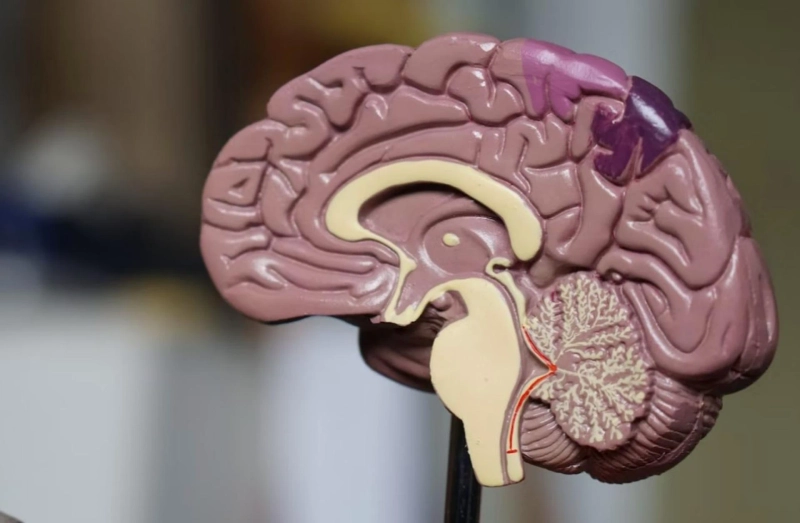Surgeries leave you in a delicate state and brain surgery is not to be kidding about. You will probably be recovering for 1 to 2 months or maybe even more. It's not just about taking a rest, your wounds will be sore, and you might experience headaches or dizziness. It is crucial to follow all the instructions from your brain surgeon and other doctors. Brain surgeries are always done for a good reason and your quality of life will be improved by doing it.
Furthermore, the reasons to perform brain surgery are not always about a tumor. Luckily, Australia has enough brain surgeons and they are also heavenly distributed across the country.
If you will need brain surgery, you should be informed on time and mentalize some things to make it easier later on. This article has all the important information on brain surgery recovery time you need to know. Keep reading to get all the insights.
You will feel bad at first
Don't be too upset if you feel even worse than before the surgery. The immediate side effect after brain surgery include some of the following:
WeaknessDizzinessHeadachePoor concentration or coordinationSeizuresInability to speak property, etcEven if you notice some symptoms you didn't experience before the surgery, don´t panic, because your doctors can explain everything to you. Make it easier for yourself both physically and mentally and make sure you´re surrounded by helpful people and never push yourself beyond some limits with physical exercise or chores.
Be aware of long-term consequences
If you're brain surgery passed without complications, you will probably fully recover after a couple of months. However, some people might experience long-term consequences that have to be dealt with. You might experience memory loss due to brain swelling during the procedure.
Furthermore, the issues you can experience are based on the part of the brain in which the tumor existed. Among the issues could be:
Having trouble walking; a leg or arm weaknesshaving trouble paying attention or remembering a thingalterations in behaviordifficulties with speechIf you experience any of these symptoms, you can always contact a reliable brain surgeon from Brisbane to explain everything to you and give you proper therapy.
Take your time to go back to work
As you can already guess, brain surgery implies several weeks of sick leave so make your health an absolute priority and worry about your boss, work volume, or any other stressful things that might affect you.
Even after you´ve recovered enough to reincorporate, you will probably have to go slow and step by step. Depending on your job, you might need to practice and relearn some necessary skills, such as operating machines, using software, or multitasking. Don´t be hard on yourself and make progress gradually. Don't forget that a brain surgeon is not the only specialist that will take care of you. You might need a physio, speech therapist, or psychotherapist as well.
Introduce physical activity step by step
Have a daily walk routine. To progress gradually, start by strolling a little bit more each day. Step up your walking distance little by little. Walking increases blood flow, which reduces the risk of lung and bowel issues. It is also healthy for your arteries and heart.
Don't perform any physical labor until you´re allowed to by your doctor. For a while, put the gym out of your mind. Avoid operating a vehicle too. You and others may be in danger due to the potential for dizziness.
Ask your physician if you can go by plane.
Avoid engaging in any risky activities at any cost and obey all the rules, because it's the best way to recover.
Take care of your diet
When it comes to food, there are usually no strict diets, however, it's not a bad thing to take care of and eat healthily.
Try soft, nonfatty ingredients such as plain rice, grilled chicken, bread, and yogurt if your digestion is disturbed.
Drink only when your doctor gives the all-clear. Alcohol is harmful to your brain, and liver, and will increase your blood sugar above what you require.
Right after the surgery, you might realize that your bowels have irregular movement and this is quite normal. A daily fiber supplement can help you avoid constipation. Consult about using any laxative if you haven't had good digestion for some time.
The medication and incision care
You'll receive instructions on how to take any new medications from your doctor. A painkiller prescribed to you by your doctor should be taken exactly as directed. If you believe that your pain medication is giving you the stomach flu, take your medication after eating or ask your physician to prescribe another pain reliever.
The same is true for medicines used to prevent seizures or infections.
If tape strips are covering the incisions, let them stay there until they come off. Keep the area dry and spotless. After your doctor gives the all-clear, gently wash the surgical site with lukewarm water before patting it dry. Keep hair dye and other hair products away from the wounds.
0


